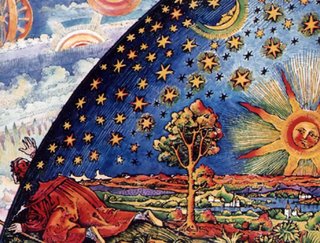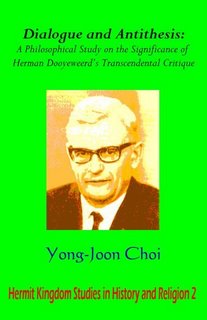Since watching a DVD from Toronto Airport Church, I've been thinking how much gnosticism has seeped into the church. There is no doubt that the person on the video I watched has been used by God and yet his theology is infused with some aspects of gnosticism.
Below are some of my initial thoughts on what constitutes a gnostic worldview.
What is God like?There are two gods a false creator god (demiurge) and the true god (pleroma); they are fighting for supremacy.
What is reality?Reality is dualistic: everything is spiritual - our true self – and everything is material - foul and evil.
What does it mean to be human?We are strangers living in a flawed world. We are part material (made by the demiurge) and part spiritual (a fragment of the true divine essence: a "divine spark"). We are largely ignorant of this divine spark within us. Death releases us from the prison of the material body. If there has not been a substantial work of gnosis by the soul than the divine spark will be hurled back and embodied into the physical world again.
There are two classes of human: the pneumatics and the hyletics. The pneumatics are ready for liberation; the hylectics recognise only the physical reality and they mistake the demiurge for the one true god.
What is wrong with the world?Metaphysical alienation: the world is flawed because it was created in a flawed manner; the fault is the creator's. It is the product of a lesser god who was unable to create a world of permanence. Humans need to be freed from this world of pain, suffering and death, freed from this material existence. The problem is that we are ignorant of the divine spark within us.
What's the remedy?Deep within humans is a divine spark that connects us with the true god, who is hidden from creation. Our only hope is to acquire the information we need to perfect ourselves and evolve out of our current physical state. Jesus descended from the spiritual realm to make available the knowedge (gnosis) necessary for self-perfection.
Vallentius :
“the human mind lives in a largely self-created world of illusion from whence only the enlightenment of a kind of Gnosis can rescue it.”
Our bodies and souls are part of this corrupt, flawed creation; redemption is only for the spirit.







